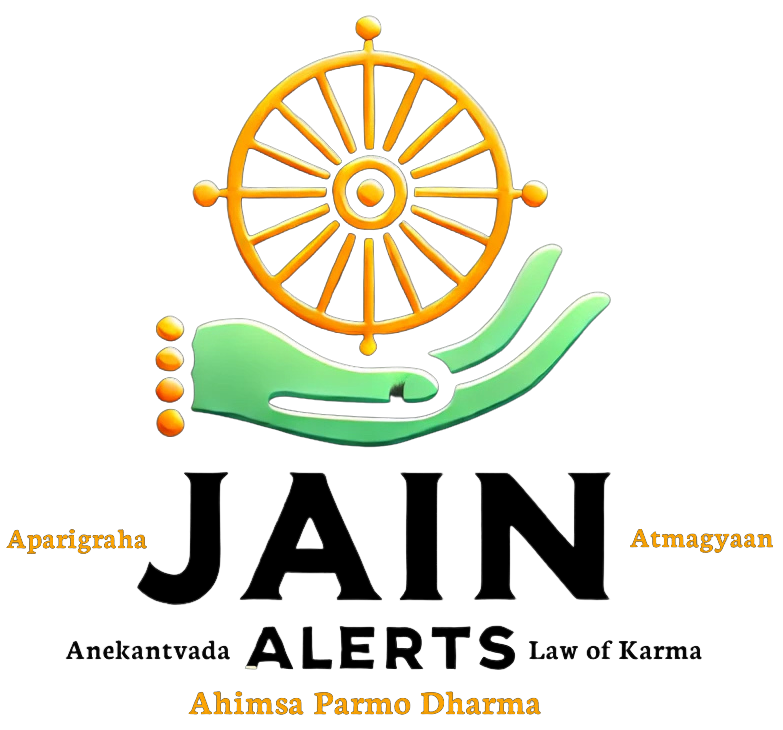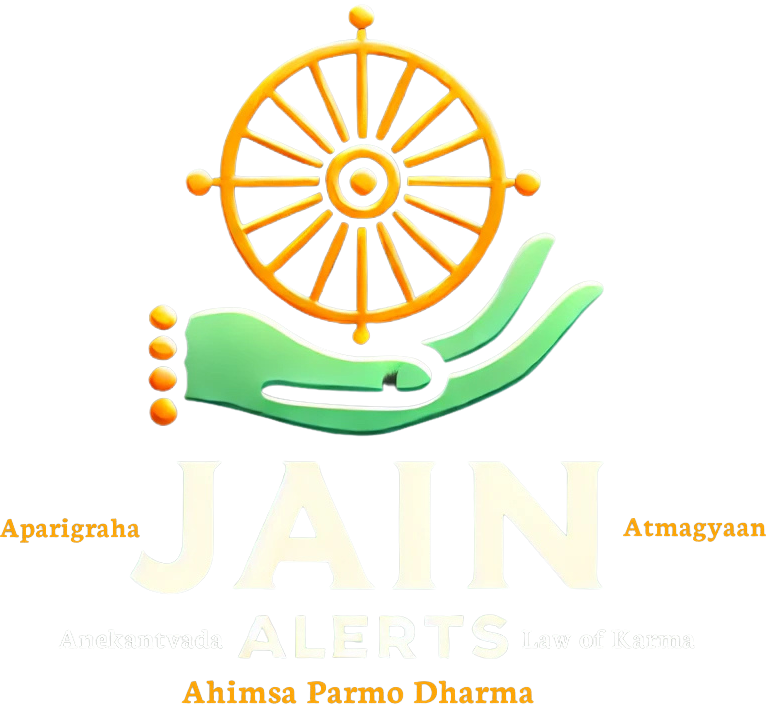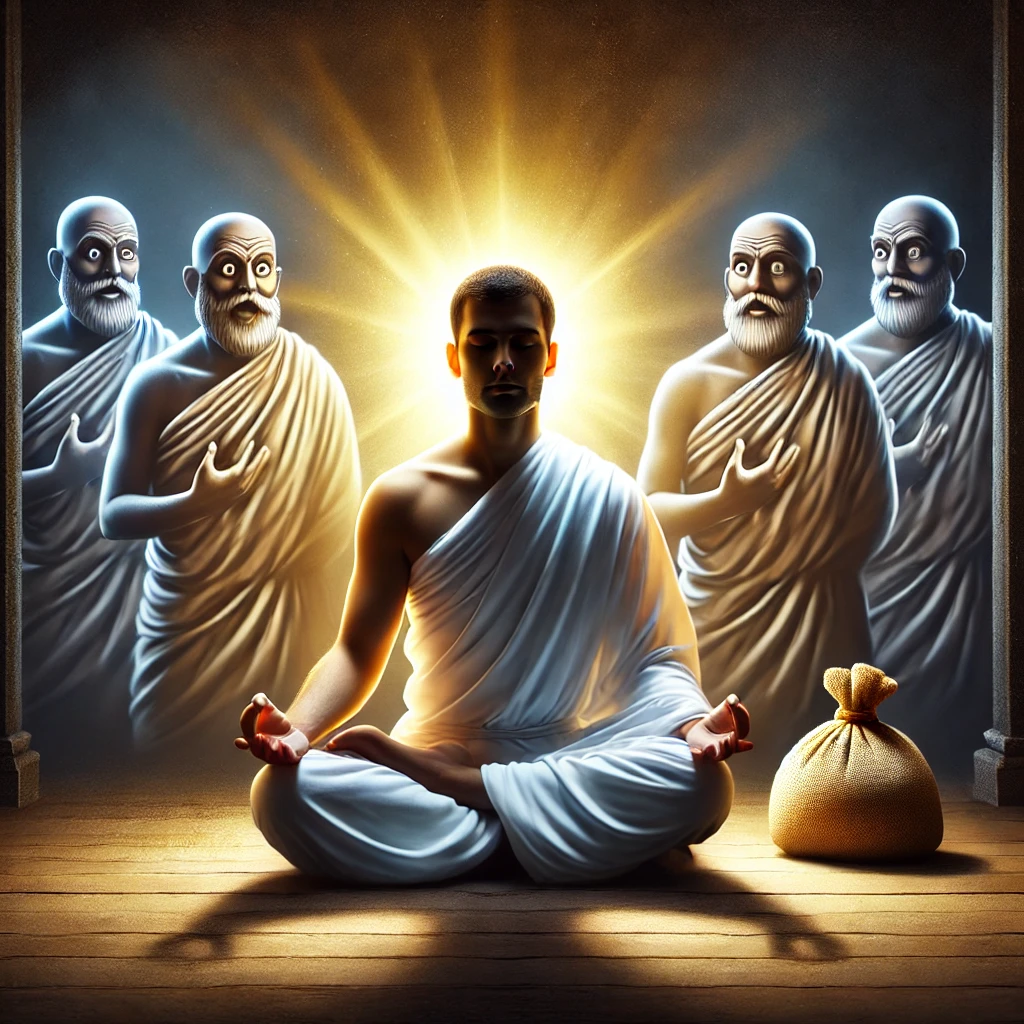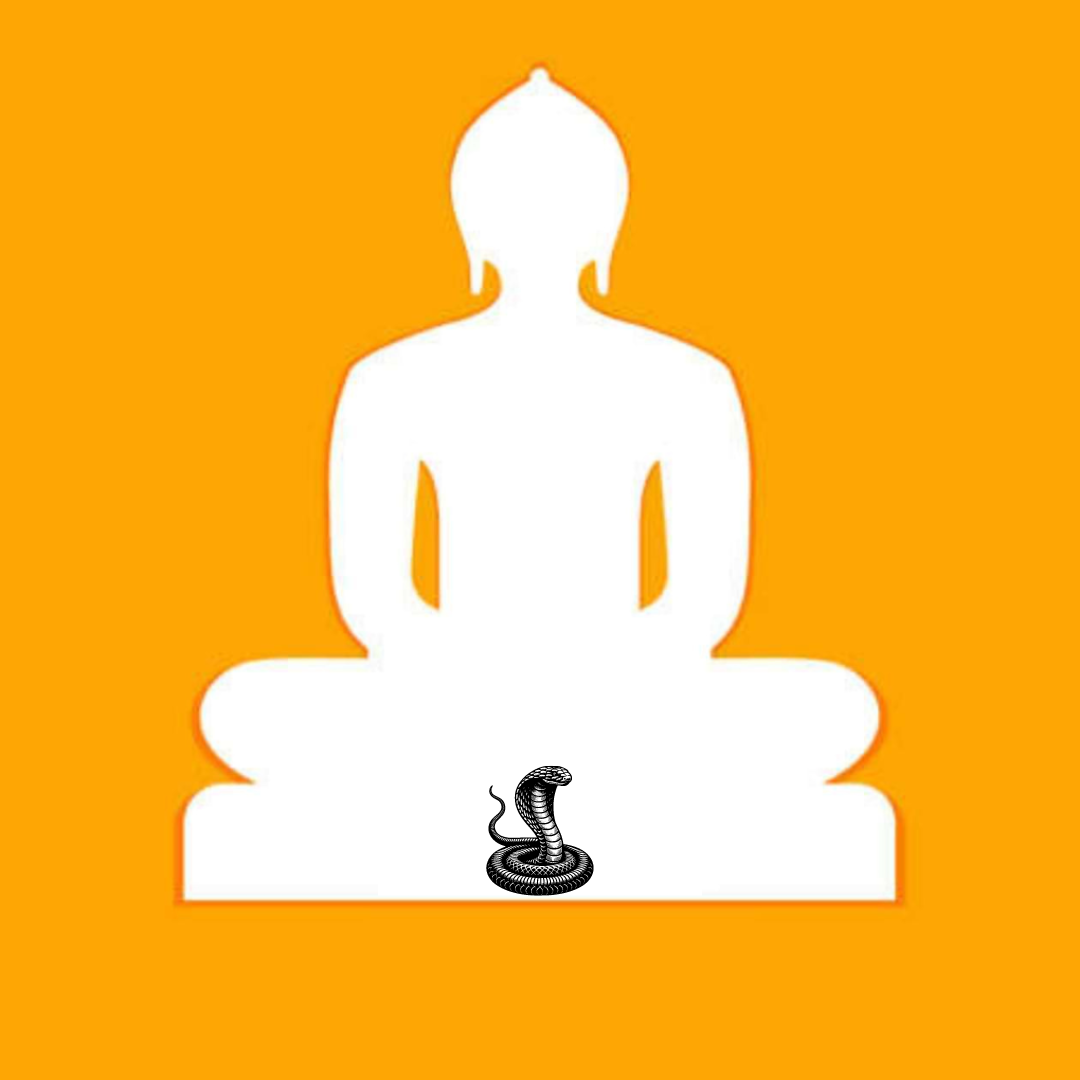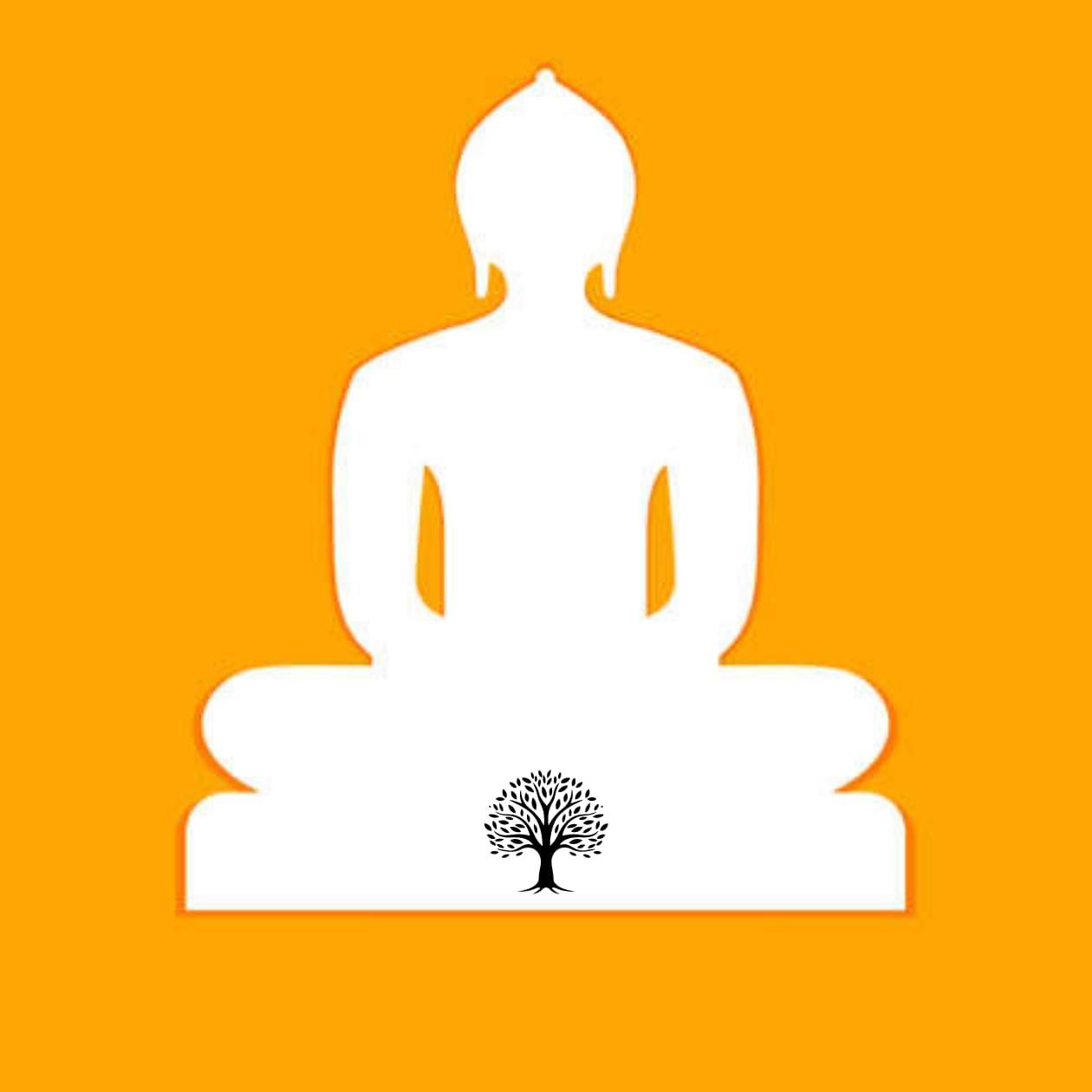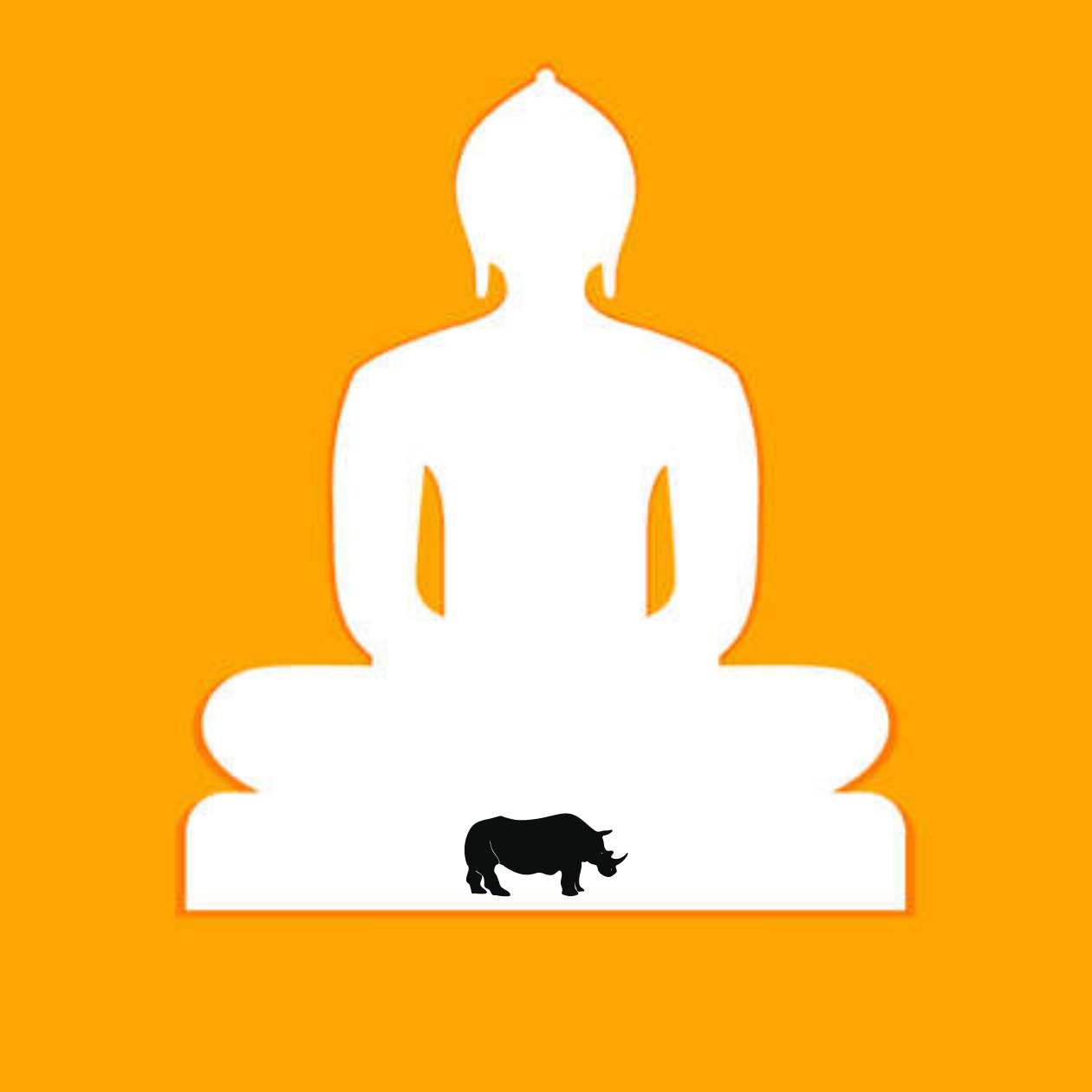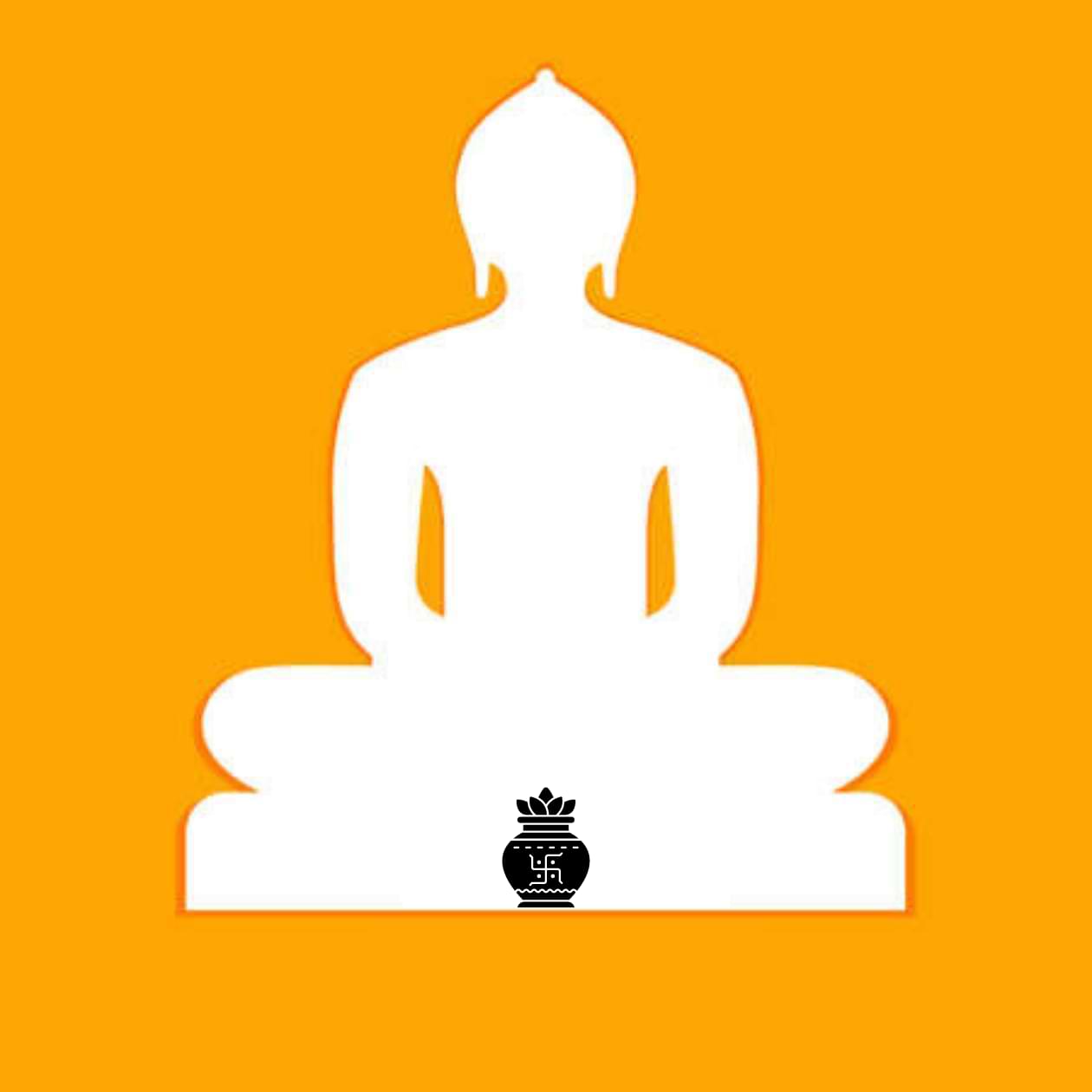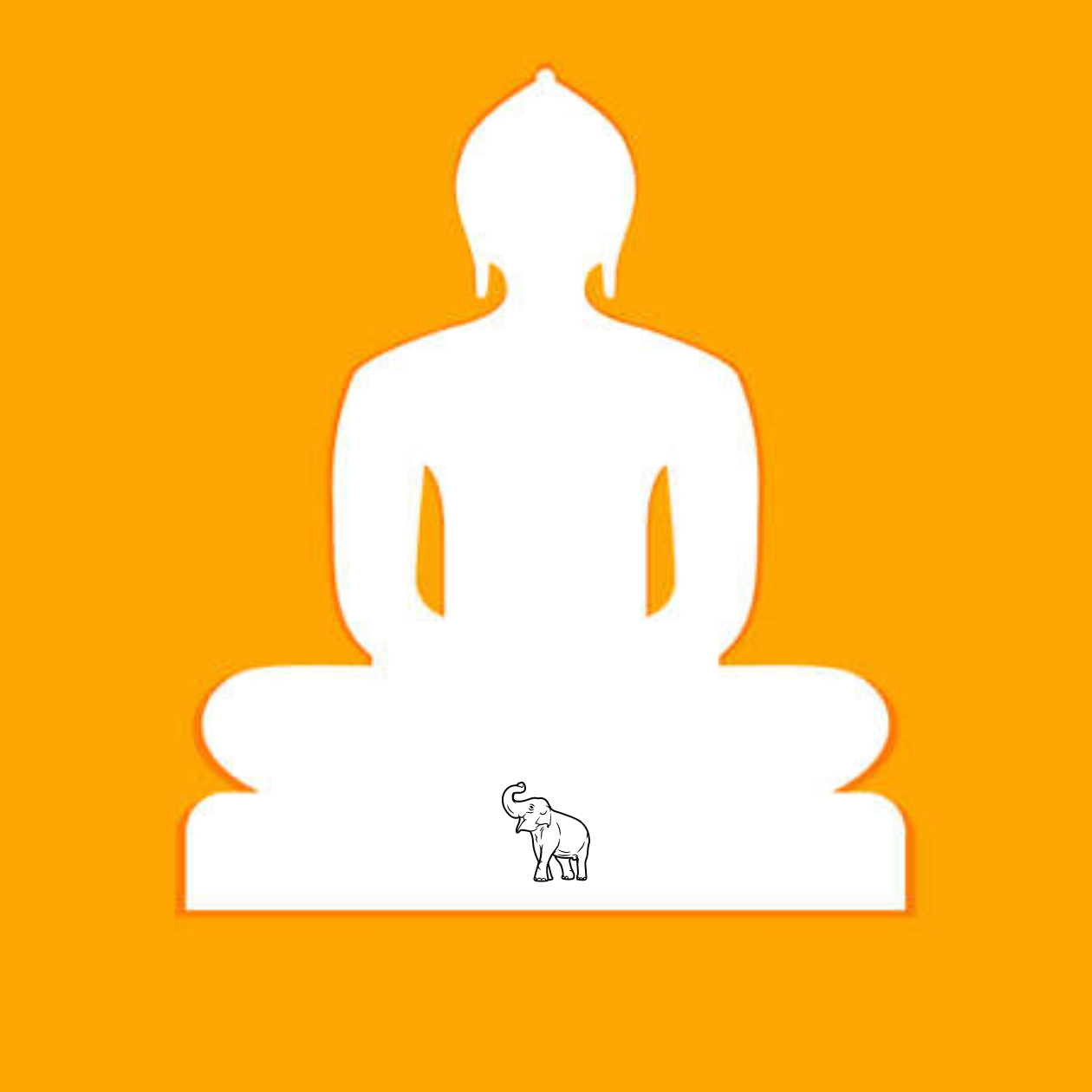श्री पार्श्वनाथ भगवान का परिचय
| अगले भगवान | महावीर भगवान |
| पिछले भगवान | नेमिनाथ भगवान |
| चिन्ह | सर्प चिंह से |
| पिता | महाराजा श्री अश्वसेन जी |
| माता | महारानी वामा देवी |
| जन्म स्थान | बनारस नगर में |
| निर्वाण स्थान | श्री सम्मेद शिखर जी |
| रंग | हरित श्याम वर्ण |
| दसवें भव पूर्व पर्याय का नाम | मरूभूमि की पर्याय में |
| वंश | उग्र वंश में |
| दीक्षा पालकी | विमला नाम की पालकी |
| अवगाहना | नौ हाथ की |
| आयु | एक सौ वर्ष की |
| दीक्षा वृक्ष | देवदारू वृक्ष के नीचे |
| प्रथम आहार | गुलमसेटपुर नगर में धन्यनामक राजा ने दूध की खीर |
| क्षेत्रपाल | श्री कीर्तिधर जी, श्री स्मृतिधरजी, श्री विनय धरजी, श्री अब्जधरजी। |
श्री 1008 पार्श्वनाथ भगवान की पंचकल्याणक तिथियां
| गर्भ | बैशाख कृष्णा द्वितीया |
| जन्म | पौष कृष्णा ग्यारस को |
| दीक्षा | पौष कृष्णा-गयारस को |
| केवलज्ञान | चैत्र कृष्णा चतुर्थी |
| मोक्ष | श्रावण शुक्ला सप्तमी |
| वैराग्य | जातिस्मरण से |
श्री 1008 पार्श्वनाथ भगवान का समवशरण
| शासन यक्ष | श्री धरणेन्द्र यक्ष |
| शासन देवी | देवी श्री पद्मावती |
| गणधर | दस गणधर |
| प्रमुख गणधर | स्वयंभू नाम के गणधर |
| आर्यिकायें | अड़तीस हजार आर्यिकायें |
| श्रावक | एक लाख श्रावक |
| श्राविकायें | तीन लाख श्राविकायें |
| प्रमुख आर्यिका | गणिनी प्रमुख आर्यिका सुलोचना जी |
| कौन से कूट से मोक्ष | स्वर्णभद्र कूट से |
पार्श्वनाथ भगवान का परिचय
इसी जम्बूद्वीप के दक्षिण भरतक्षेत्र में एक सुरम्य नाम का बड़ा भारी देश है। उसके पोदनपुर नगर में अतिशय धर्मात्मा अरविन्द राजा राज्य करते थे। उसी नगर में विश्वभूति ब्राह्मण की अनुन्धरी ब्राह्मणी से उत्पन्न हुए कमठ और मरुभूति नाम के दो पुत्र थे जोकि क्रमश: विष और अमृत से बनाये हुए के समान मालूम पड़ते थे। कमठ की स्त्री का नाम वरुणा तथा मरुभूति की स्त्री का नाम वसुन्धरा था। ये दोनों ही राजा के मन्त्री थे। एक समय किसी राज्यकार्य से मरुभूति बाहर गया था तब कमठ मरुभूति की स्त्री वसुन्धरा के साथ व्यभिचारी बन गया। राजा अरविंद को यह बात पता चलते ही उन्होंने उस कमठ को दण्डित करके देश से निकाल दिया। वह कमठ भी मानभंग से दु:खी होकर किसी तापस आश्रम में जाकर हाथ में पत्थर की शिला लेकर कुतप करने लगा। भाई के प्रेम के वशीभूत हो मरूभूति भी कमठ को ढूंढ़ता हुआ उधर चल पड़ा। उसे आते देख क्रोध के आवेश में आकर कमठ ने वह हाथ की शिला उसके सिर पर पटक दी जिससे मरुभूति मरकर सल्लकी वन में वज्रघोष नाम का हाथी हो गया। किसी समय अरविन्द ने विरक्त होकर राज्य छोड़ दिया और संयम धारण कर सब संघ की वंदना के लिये प्रस्थान किया। चलते-चलते वे उसी वन में पहुँचकर सामायिक के समय प्रतिमायोग से विराजमान हो गये। वह हाथी संघ में हाहाकार करता हुआ अरविन्द महाराज के सन्मुख आकर मारने के लिए दौड़ा, तत्क्षण ही उनके वक्षस्थल में वत्स के चिन्ह को देखते ही उसे पूर्वभव के संबंध का स्मरण हो आया, तब वह पश्चाताप से शांत होता हुआ चुपचाप खड़ा रहा। अनंतर अरविन्द मुनिराज ने उसे धर्मोपदेश देकर श्रावक के व्रत ग्रहण करा दिये। उस समय से वह हाथी पाप से डर कर दूसरे हाथियों द्वारा तोड़ी हुई वृक्ष की शाखाओं और सूखे पत्तों को खाने लगा। पत्थरों के गिरने से अथवा हाथियों के समूह के संघटन से जो पानी प्रासुक हो जाता था, उसे ही वह पीता था तथा प्रोषधोपवास के बाद पारणा करता था। इस प्रकार चिरकाल तक महान तपश्चरण करता हुआ वह हाथी अत्यन्त दुर्बल हो गया। किसी दिन वह हाथी पानी पीने के लिए वेगवती नदी के किनारे गया और कीचड़ में गिरकर फंस गया, निकल नहीं सका। वहाँ पर दुराचारी कमठ का जीव मरकर कुक्कुट सर्प हुआ था, उसने पूर्व वैर के संस्कार से उसे काट खाया जिससे वह हाथी महामंत्र का स्मरण करते हुए मरकर बारहवें स्वर्ग में देव हो गया। इधर वह सर्प पाप से मरकर तीसरे नरक चला गया। जंबूद्वीप के पूर्व विदेहक्षेत्र में पुष्कलावती देश है उसके विजयार्ध पर्वत पर त्रिलोकोत्तम नगर में राजा विद्युत्गति राज्य करते थे। वह देव का जीव वहाँ से च्युत होकर राजा की विद्युन्माला रानी से रश्मिवेग नाम का पुत्र हो गया। रश्मिवेग ने युवावस्था में समाधिगुप्त मुनिराज के पास दीक्षा लेकर महासर्वतोभद्र आदि श्रेष्ठ उपवास किये। किसी समय हिमगिरि पर्वत की गुफा में योग धारण कर विराजमान थे कि कुक्कुट सर्प का जीव, जो नरक से निकलकर अजगर हुआ था, उसने निगल लिया। मुनि का जीव मरकर सोलहवें स्वर्ग में देव हुआ और कालांतर में अजगर मरकर छठे नरक चला गया। जंबूद्वीप के पूर्वविदेहसम्बन्धी पद्मादेश में अश्वपुर नगर है। वहाँ के राजा वज्रवीर्य और रानी विजया के वह स्वर्ग का देव मरकर वज्रानाभी नाम का पुत्र हुआ। वह पुण्यशाली चक्रवर्ती के पद का भोक्ता हो गया, अनंतर किसी समय विरक्त होकर साम्राज्य वैभव का त्यागकर क्षेमंकर गुरु के समीप जैनेश्वरी दीक्षा ले ली। कमठ का जीव, जो कि अजगर की पर्याय में मरकर छठे नरक गया था, वह कुरंग नाम का भील हो गया था। किसी दिन तपस्वी चक्रवर्ती वन में आतापन योग से विराजमान थे, उन्हें देखकर उस भील का वैर भड़क उठा, उसने मुनिराज पर भयंकर उपसर्ग किए। मुनिराज आराधनाओं की आराधना से मरण कर मध्यम ग्रैवेयक में श्रेष्ठ अहमिन्द्र हो गए तथा वह पापी भील आयु पूरी करके पाप के भार से पुन: नरक चला गया। जंबूद्वीप के भरतक्षेत्र में कौशलदेशसम्बन्धी अयोध्या नगरी में काश्यपगोत्री इक्ष्वाकुवंशी राजा वङ्काबाहु राज्य करते थे। उनकी रानी प्रभंकरी थी, वह अहमिन्द्र च्युत होकर रानी के गर्भ से आनंद नाम का आनंददायी पुत्र हो गया। वह बड़ा होकर मंडलेश्वर राजा हुआ। किसी दिन आनंद राजा ने महामंत्री के कहने से आष्टान्हिक महापूजा कराई जिसे देखने के लिए विपुलमति नाम के मुनिराज पधारे। आनंदराज ने उनकी वंदना-पूजा आदि करके उनसे पूछा कि हे भगवन्! जिनेन्द्रप्रतिमा अचेतन है उसकी पूजा से पुण्यबंध वैâसे होता है ? मुनिराज ने कहा-यद्यपि प्रतिमा अचेतन है तो भी महान पुण्य का कारण है जैसे चिंतामणि रत्न, कल्पवृक्ष आदि अचेतन होकर मनचिंतित और मनचाहे फल देते हैं, वैसे ही प्रतिमाओं की वंदना-पूजा आदि से जो शुभ परिणाम होते हैं उनसे सातिशय पुण्य बंध हो जाता है इत्यादि प्रकार से वीतराग प्रतिमा का वर्णन करते हुए मुनिराज ने राजा के सामने तीनलोकसम्बन्धी अकृत्रिम चैत्यालयों का वर्णन करना शुरू किया। उसमें प्रारम्भ में ही सूर्य के विमान में स्थित जिनमंदिर की विभूति का अच्छी तरह वर्णन किया। उस असाधारण विभूति को सुनकर राजा आनन्द को बहुत ही श्रद्धा हो गई। उस दिन से वह प्रतिदिन हाथ जोड़कर मस्तक झुकाकर सूर्यविमान में स्थित जिनप्रतिमाओं की स्तुति करने लगा। उसने कारीगरों द्वारा मणि और सुवर्ण का एक सूर्यविमान बनवाकर उसके भीतर जिनमन्दिर बनवाया। अनन्तर शास्त्रोक्त विधि से आष्टान्हिक, चतुर्मुख, रथावर्त, सर्वतोभद्र और कल्पवृक्ष इन नाम वाली पूजाओं का ‘अनुष्ठान’ किया। ‘‘उस राजा को इस तरह सूर्य की पूजा करते देखकर उसकी प्रामाणिकता से अन्य लोग भी स्वयं भक्तिपूर्वक सूर्यमंडल की स्तुति करने लगे। आचार्य कहते हैं कि इस लोक में उसी समय से सूर्य की उपासना चल पड़ी है।’’ किसी दिन आनन्द राजा ने अपने सिर पर एक सफेद बाल देखा, तत्क्षण विरक्त होकर पुत्र को राज्य- वैभव देकर समुद्रगुप्त मुनिराज के पास अनेक राजाओं के साथ दीक्षित हो गये। उन्होंने ग्यारह अंगों का अध्ययन किया और सोलहकारण भावनाओं के चिंतवन से तीर्थंकर प्रकृति का बंध कर लिया। आयु के अंत समय वे धीर-वीर शांतमना मुनिराज प्रायोपगमन संन्यास लेकर ध्यान में लीन थे। पूर्व जन्म के कमठ का जीव नरक से निकलकर वहीं सिंह हुआ था, सो उसने आकर उन मुनि का कण्ठ पकड़ लिया। सिंहकृत उपसर्ग से विचलित नहीं होने वाले वे मुनिराज मरणकर अच्युत (सोलहवें) स्वर्ग के प्राणत नामक विमान में इन्द्र हो गए। वहाँ पर उनकी आयु बीस सागर की थी, साढ़े तीन हाथ ऊँचा शरीर था। वे वहाँ दिव्य सुखों का अनुभव कर रहे थे। उधर सिंह का जीव भी आयु पूरी करके मरकर नरक चला गया और वहाँ के भयंकर दु:खों का चिरकाल तक अनुभव करता रहा।
पार्श्वनाथ भगवान का गर्भ और जन्म
गर्भावतार-इस जंबूद्वीप के भरतक्षेत्रसम्बन्धी काशी देश में बनारस नाम का एक नगर है। उसमें काश्यपगोत्री राजा विश्वसेन राज्य करते थे। उनकी रानी का नाम ब्राह्मी था। जब उन सोलहवें स्वर्ग के इन्द्र की आयु छह मास की अवशेष रह गई थी, तब इन्द्र की आज्ञा से कुबेर ने माता के आँगन में रत्नों की धारा बरसाना शुरू कर दी थी। रानी ब्राह्मी ने सोलहस्वप्नपूर्वक वैशाख कृष्णा द्वितीया के दिन इन्द्र के जीव को गर्भ में धारण किया था। नवमास पूर्ण होने पर पौष कृष्णा एकादशी के दिन पुत्र का जन्म हुआ था। इन्द्रादि देवों ने सुमेरू पर्वत पर ले जाकर तीर्थंकर शिशु का जन्माभिषेक करके ‘पार्श्वनाथ’ यह नामकरण किया था। श्री नेमिनाथ के बाद तिरासी हजार सात सौ पचास वर्ष बीत जाने पर इनका जन्म हुआ था। इनकी आयु सौ वर्ष की थी जोकि इसी अंतराल में सम्मिलित है। प्रभु की कांति हरितवर्ण की एवं शरीर की ऊँचाई नौ हाथ प्रमाण थी। ये उग्रवंशी थे।
पार्श्वनाथ भगवान का तप
सोलह वर्ष बाद नवयौवन से युक्त भगवान किसी समय क्रीडा के लिये अपनी सेना के साथ नगर के बाहर गये। कमठ का जीव, जो कि सिंहपर्याय से नरक गया था, वह वहाँ से आकर महीपाल नगर का महीपाल नाम का राजा हुआ था। उसी की पुत्री ब्राह्मी (वामा देवी) भगवान पाश्र्वनाथ की माता थीं। यह राजा (भगवान के नाना) किसी समय अपनी पत्नी के वियोग में तपस्वी होकर वहीं आश्रम के पास वन में पंचाग्नियों के बीच में बैठा तपश्चरण कर रहा था। देवों द्वारा पूज्य भगवान उसके पास जाकर उसे नमस्कार किये बिना ही खड़े हो गये। यह देखकर वह खोटा साधु क्रोध से युक्त हो गया और सोचने लगा ‘‘मैं कुलीन हूँ, तपोवृद्ध हूँ और इसका नाना हूँ’’ फिर भी इस अज्ञानी कुमार ने अहंकारवश मुझे नमस्कार नहीं किया है, क्षुभित हो उसने अग्नि में लकड़ियों को डालने के लिए पड़ी हुई लकड़ी को काटने हेतु अपना फरसा उठाया, इतने में ही अवधिज्ञानी भगवान पाश्र्वनाथ ने कहा, ‘‘इसे मत काटो’’ इसमें जीव हैं किन्तु मना करने पर भी उसने लकड़ी काट ही डाली, तत्क्षण ही उसके भीतर रहने वाले सर्प और सर्पिणी निकल पड़े और घायल हो जाने से छटपटाने लगे। यह देखकर प्रभु के साथ स्थित सुभौमकुमार ने कहा कि तू अहंकारवश यह कुतप करके पाप का ही आस्रव कर रहा है। सुभौम के वचन सुन तपस्वी क्रोधित होकर अपने तपश्चरण की महत्ता प्रकट करने लगा। तब सुभौमकुमार ने अनेक युक्तियों से उसे समझाया कि सच्चे देव, शास्त्र और गुरू के सिवाय कोई हितकारी नहीं है। जिनधर्म में प्रणीत सच्चे तपश्चरण से ही कर्म निर्जरा होती है। यह मिथ्यातप, जीव हिंसा सहित होने से कुतप ही है। यद्यपि वह तापसी समझ तो गया किन्तु पूर्वबैर का संस्कार होने से अपने पक्ष के अनुराग से अथवा दु:खमय संसार के कारण से अथवा स्वभाव से ही दुष्ट होने से उसने स्वीकार नहीं किया प्रत्युत् यह सुभौमकुमार अहंकारी होकर मेरा तिरस्कार कर रहा है, ऐसा समझ वह भगवान पार्श्वनाथ पर अधिक क्रोध करने लगा। इसी शल्य से मरकर ‘शम्बर’ नाम का ज्योतिषी देव हो गया। इधर सर्प और सर्पिणी कुमार के उपदेश से शांतभाव को प्राप्त हुए तथा मरकर बड़े ही वैभवशाली धरणेन्द्र और पद्मावती हो गये। अनंतर भगवान जब तीस वर्ष के हो गये, तब एक दिन अयोध्या के राजा जयसेन ने उत्तम घोड़ा आदि की भेंट के साथ अपना दूत भगवान पाश्र्वनाथ के समीप भेजा। भगवान ने भेंट लेकर उस दूत से अयोध्या की विभूति पूछी। उत्तर में दूत ने सबसे पहले भगवान ऋषभदेव का वर्णन किया पश्चात् अयोध्या का हाल कहा। उसी समय ऋषभदेव के सदृश अपने को तीर्थंकरप्रकृति का बन्ध हुआ है, ऐसा सोचते हुए भगवान गृहवास से पूर्ण विरक्त हो गये और लौकांतिक देवों द्वारा पूजा को प्राप्त हुए। प्रभु देवों द्वारा लाई गई विमला नाम की पालकी पर बैठकर अश्ववन में पहुँच गये। वहाँ तेला का नियम लेकर पौष कृष्णा एकादशी के दिन प्रात:काल के समय सिद्ध भगवान को नमस्कार करके प्रभु तीन सौ राजाओं के साथ दीक्षित हो गये। पारणा के दिन गुल्मखेट नगर के धन्य नामक राजा ने अष्टमंगलद्रव्यों से प्रभु का पड़गाहन कर आहारदान देकर पंचाश्चर्य प्राप्त कर लिये। छद्मस्थ अवस्था के चार मास व्यतीत हो जाने पर भगवान अश्ववन नामक दीक्षावन में पहुँचकर देवदारुवृक्ष के नीचे विराजमान होकर ध्यान में लीन हो गये। इसी समय कमठ का जीव शम्बर ज्योतिषी आकाशमार्ग से जा रहा था, अकस्मात् उसका विमान रुक गया, उसे विभंगावधि से पूर्व का बैर बंध स्पष्ट दिखने लगा। फिर क्या था, क्रोधवश उसने महागर्जना, महावृष्टि, भयंकर वायु आदि से महा उपसर्ग करना प्रारम्भ कर दिया, बड़े-बड़े पहाड़ तक लाकर समीप में गिराये, इस प्रकार उसने सात दिन तक लगातार भयंकर उपसर्ग किया। अवधिज्ञान से यह उपसर्ग जानकर धरणेन्द्र अपनी भार्या पद्मावती के साथ पृथ्वीतल से बाहर निकला। धरणेन्द्र ने भगवान को सब ओर से घेरकर अपने फणाओं के ऊपर उठा लिया और उस की पत्नी वज्रमय छत्र तान कर खड़ी हो गई। आचार्य कहते हैं कि देखो! स्वभाव से ही क्रूर प्राणी इन सर्प-सर्पिणी ने अपने ऊपर किये गये उपकार को याद रखा, सो ठीक ही है क्योंकि सज्जन पुरुष अपने ऊपर किये हुए उपकार को कभी नहीं भूलते हैं।
पार्श्वनाथ भगवान का केवलज्ञान और मोक्ष
तदनंतर ध्यान के प्रभाव से प्रभु का मोहनीय कर्म क्षीण हो गया इसलिए बैरी कमठ का सब उपसर्ग दूर हो गया। मुनिराज पार्श्वनाथ ने चैत्र कृष्णा चतुर्थी के दिन प्रात:काल के समय विशाखा नक्षत्र में लोकालोकप्रकाशी केवलज्ञान को प्राप्त कर लिया। उसी समय इन्द्रों ने आकर समवसरण की रचना करके केवलज्ञान की पूजा की। शंबर नाम का देव भी काललब्धि पाकर उसी समय शांत हो गया और उसने सम्यग्दर्शन प्राप्त कर लिया। यह देख, उस वन में रहने वाले सात सौ तपस्वियों ने मिथ्यादर्शन छोड़कर संयम धारण कर लिया, सभी शुद्ध सम्यग्दृष्टि हो गये और बड़े आदर से प्रदक्षिणा देकर भगवान की स्तुति-भक्ति की। आचार्य कहते हैं कि पापी कमठ के जीव का कहाँ तो निष्कारण वैर और कहाँ ऐसी पाश्र्वनाथ की शांति! इसलिए संसार के दु:खों से भयभीत प्राणियों को वैर-विरोध का सर्वथा त्याग कर देना चाहिए।
भगवान पार्श्वनाथ के समवसरण में स्वयंभू को आदि लेकर दस गणधर थे, सोलह हजार मुनिराज, सुलोचना को आदि लेकर छत्तीस हजार आर्यिकाएँ, एक लाख श्रावक और तीन लाख श्राविकाएँ थीं। इस प्रकार बारह सभाओं को धर्मोपदेश देते हुए भगवान ने पाँच मास कम सत्तर वर्ष तक विहार किया। अंत में आयु का एक माह शेष रहने पर विहार बंद हो गया। प्रभु पार्श्वनाथ सम्मेदाचल के शिखर पर छत्तीस मुनियों के साथ प्रतिमायोग से विराजमान हो गये। श्रावण शुक्ला सप्तमी के दिन प्रात:काल के समय विशाखा नक्षत्र में सिद्धपद को प्राप्त हो गये। इन्द्रों ने आकर मोक्ष कल्याणक उत्सव मनाया। ऐसे पार्श्वनाथ भगवान हमें भी सम्पूर्ण प्रकार के उपसर्गों को सहन करने की शक्ति प्रदान करें।
Shree 1008 Parshvanath Bhagwan‘s Introduction
| Next Lord | Mahavir Bhagwan |
| Previous Lord | Neminath Bhagwan |
| Sign | from snake sign |
| Father | Maharaja Shri Ashwasen Ji |
| Mother | Maharani Vama Devi |
| Birth place | in Banaras Nagar |
| Nirvana place | Sammed Shikhar ji |
| Color | green black |
| name of 10th bhava purva synonym | marubhoomi kee paryaay mein |
| Lineage | in the fierce dynasty |
| initiation palanquin | palanquin named Vimla |
| Height | nine hands |
| Age | one hundred years old |
| initiation tree | under the cedar tree |
| First Diet | In Gulamset city, a king named Dhanya took food through milk pudding. |
| kshetrapala | Shri Kirtidharji, Shri Smritdharji, Shri Vinay Dharji, Shri Abjadharji. |
Panchkalyanak dates of Shree 1008 Parshvanath Bhagwan
| Conception | Vaishakh Krishna Dwitiya |
| Birth | Paush Krishna Gyaras to |
| Initiation (Diksha) | Paush Krishna Gyaras to |
| Attainment of Pure Knowledge (Kevalgyan) | chaitra krishna chaturthi |
| Liberation (Moksha) | Shravan Shukla Saptami |
| Renunciation (Vairagya) | from caste remembrance |
Assimilation/Samavsharan of Shree 1008 of Lord Parshvanath
| Yaksha | Shri Dharnendra Yaksha |
| Yakshini | Goddess Shri Padmavati |
| Ganadhar | ten gandharas |
| Chief Ganadhar | Gandhar named Swayambhu |
| Aryikas | thirty eight thousand aryikas |
| Shravaks | one lakh listeners |
| Shravikas | three lakh listeners |
| Chief Aryanka | Ganini chief Aryika Sulochana ji |
| Which Koot gives salvation | from swarnabhadra Kut |
Introduction of Lord Parshvanath: 23rd Tirthanknara of Jainism
In the southern region of Bharatkshetra, there is a vast and prosperous country named Podanpur. In that city ruled the extremely virtuous King Arvind. In the same city, two sons were born to the renowned Brahmin Vishvabhuti and his wife Brahmani, named Kamath and Marubhuti, who were considered equivalent to poison and nectar respectively due to their birth from venom and nectar. The wife of Kamath was named Varuna and the wife of Marubhuti was named Vasundhara. Both of them were ministers of the king.
Once, while Marubhuti was away on state business, Kamath engaged in adultery with Marubhuti’s wife Vasundhara. When King Arvind learned of this, he punished Kamath and banished him from the country. Distraught by the betrayal, Kamath went to a hermitage and started practicing penance with a stone slab in his hand. Influenced by his brother’s love, Marubhuti went in search of Kamath. Upon finding him, in a fit of rage, Kamath struck him with the stone slab, causing Marubhuti to die and reincarnate as an elephant named Vajraghosh in the Sal tree forest.
At one point, Arvind renounced his kingdom out of detachment and set out for pilgrimage. While traveling, he reached the forest where he encountered Parshvanath during a celestial contest. Vajraghosh, the elephant, charged towards Parshvanath with the intention to attack him. However, upon seeing the mark of a calf on his chest, Vajraghosh remembered his past life and in remorse, stood silently. Subsequently, Muniraj Arvind imparted him with spiritual teachings and initiated him into observing the vow of a Jain layman. Since then, the elephant, out of fear of sin, began to eat broken branches and dried leaves of trees torn by other elephants, and drank the water that seeped out from falling stones or the formation of herds of elephants, and observed fasts followed by taking fruits. In this way, practicing great penance for a long time, the elephant became extremely weak.
One day, while going to drink water, the elephant got stuck in the mud of a swift river and couldn’t come out. There, the soul of the sinful Kamath, who had become a Bhil, had died, and he was reborn as a cock snake due to the past enmity, and he bit the elephant, who remembered the great mantra and died, becoming a god in the twelfth heaven. Meanwhile, the snake, due to its sins, went to the third hell.
In the Vidhyadhar region of Purva Videh, there is a country named Pushkalavati on the Vijayardha mountain where King Vidyutgati ruled. The soul of a god, detached from there, became the son of King Vidyutgati and Queen Rashmiveg, named Rashmiveg. In his youth, Rashmiveg took initiation from Samadhi Gupta Muniraj and observed the highest fasting like Mahasarvato Bhadra. Once, while meditating in a cave on the Himagiri mountain, he encountered a lifeless cock snake, which had emerged as an ajgar from hell, and he swallowed it. The sage’s soul died and became a god in the sixteenth heaven, while the ajgar, after dying, went to the sixth hell.
In the Padmadesh region of Purva Videh, there is a city named Ashwapur. The king there was Vajraveerya and the queen was Vijaya. The soul of a god detached from heaven became the son named Vajranabhi. He became the fortunate possessor of the throne of the righteous universal emperor, but eventually renounced the empire for the sake of salvation and took initiation from the Jaineshwari guru near Vaibhav of the empire. The soul of Kamath, who had gone to the sixth hell in the form of an ajgar, became a Bhil named Kurang. One day, while the ascetic emperor was meditating in the forest, the Bhil, seeing him, became envious and cursed the sage with dreadful words. The sage, having achieved salvation through the worship of deities, became a Mahamindra in the middle Graiveyak heaven and the sinful Bhil, having completed his life, went to hell again due to the burden of sins.
In the Kosala region of Bharatkshetra, there is a city named Ayodhya in the Ikshvaku dynasty of Kashyapa Gotra, where King Vankabahu ruled. His queen was Prabhankari. The soul of Mahamindra, detached from there, became the joyous son named Anand from the queen’s womb. He grew up to become the king of Mandalishwar. One day, King Anand performed the Ashtanika Mahapuja as suggested by his minister, and the revered Muniraj Vipulmati arrived to witness it. After performing rituals and paying homage to him, King Anand asked him, “O Lord! Since the idol of Jina is insentient, how does the worship of it result in good karma?” Muniraj replied, “Although the idol is insentient, it is still the cause of great merit, just like the wish-fulfilling gem and the kalpavriksha, which, though inanimate, fulfill the desires of the mind. Similarly, through the worship of idols, great virtuous results are obtained, leading to immense merit.” Thus, describing the idol of the Vitrag Lord, Muniraj began to describe the three non-material temples related to the three worlds in front of the king.
At the beginning, he described the splendor of the temple of the Jina, situated in the Vimana of the sun. Hearing about this extraordinary splendor, King Anand developed great reverence. From that day on, he began to bow his head and worship the Jina idols located in the sun temple daily. He had a sun temple made of gems and gold by craftsmen and had a Jina temple built inside it. Afterwards, he performed the ‘Anushtana’ of the rituals named Ashtanika, Chaturmukha, Rathavarta, Sarvato Bhadra, and Kalpavriksha according to the scriptures. “Seeing the king worshiping the sun in this way, other people also started worshiping the sun with devotion. Scholars say that since then, the worship of the sun has been prevalent in this world.”
One day, King Anand saw a white hair on his head and immediately, out of detachment, he conferred kingship and prosperity to his son and became initiated with many other kings by Muniraj Samudragupta. He studied eleven Angas and with contemplation of the sixteen bhavanas, he attained liberation, leaning towards meditation. The soul of Kamath, who had become a lion from hell, grabbed the throat of that sage. Unperturbed by the attack of the lion, the sage, who was unshakeable due to the lion’s attack, died and became a god in the Indra of Achyuta (sixteenth) heaven. There, his life span was twenty sagar years, and he had a body three and a half cubits tall. He was experiencing divine pleasures there. Meanwhile, the soul of the lion, after completing its life, continued to experience the terrible sufferings of hell for a long time.
The Conception and Birth of Lord Parshvanath
In the land of Bharatkshetra, specifically in the region of Kashi in Bharat, there was a city named Varanasi. In that city, King Vishvasen of the Kashyap dynasty ruled, and his queen was named Brahmi. When only six months of the life span of the sixteenth Indra remained, at Indra’s command, Kubera began to shower jewels in the queen’s courtyard. Queen Brahmi conceived Indra’s soul in her womb on the second day of the dark fortnight of Vaishakh, through sixteen dreams. When nine months were complete, on the eleventh day of the dark fortnight of Paush, the son was born.
The gods, including Indra, took the infant to Mount Meru and performed the naming ceremony, naming the Tirthankara-to-be “Parshvanath.” This event occurred eighty-seven thousand seven hundred fifty years after Lord Neminath. His height was nine cubits, and his complexion was green. He belonged to the Ugrasen dynasty.
At the time of his birth, Parshvanath’s age was one hundred years, which is included in this interval. His radiance was green, and his height was nine hands. He belonged to the Ugrasen dynasty.
The Asceticism of Lord Parshvanath
Sixteen years later, adorned with youth, Lord Parshvanath went outside the city with his army for recreation. A living being from the Kamath realm, who had gone to hell due to his sinful deeds, reincarnated as the king of Mahipal Nagar, named Mahipal. His daughter Brahmi (Vama Devi) was the mother of Lord Parshvanath.
At one time, this king (the grandfather of Lord Parshvanath) became an ascetic in the forest near the hermitage when separated from his wife. He was sitting amidst the five fires in the forest when revered by the gods, Lord Parshvanath went to him without offering respects. Seeing this, the misguided prince became angry and thought, “I belong to a noble family, I am an ascetic, and I am his grandson.” Nevertheless, despite being advised by Lord Parshvanath, he picked up his axe to cut the wood for the fire. At that moment, Lord Parshvanath said, “Do not cut it, there are living beings in it.” Despite the refusal, he still cut the wood, and immediately snakes emerged from within it, injuring him. Seeing this, Subhau Kumara, who was with the Lord, said that due to his arrogance, he was performing a sinful act. Angry and proud, he felt insulted by Lord Parshvanath and started to resent him even more. Eventually, he died and became a celestial being named Shambhar.
Meanwhile, the snakes, under the guidance of Kumara, attained a peaceful state and, after death, became the wealthy Dharanendra and Padmavati.
When Lord Parshvanath turned thirty, one day King Jayasena of Ayodhya sent his envoy with excellent horses and other gifts to Lord Parshvanath. Accepting the gifts, Lord Parshvanath asked about the welfare of Ayodhya. In response, the envoy described the current situation of Ayodhya and praised Lord Rishabhdev. At that moment, thinking that he himself had embodied the nature of a Tirthankara, Lord Parshvanath became completely detached from worldly affairs and was worshipped by the celestial gods. Sitting on the palanquin named Vimala brought by the gods, he reached Ashvavan. Following the tradition of fasting, on the eleventh day of the dark fortnight of Paush, Lord Parshvanath paid homage to the Siddha Bhagwan early in the morning and was initiated along with three hundred kings. On the day of breaking the fast, the fortunate king of Gulmakheta named Dhanyaraja performed the Padghatna ceremony of the Lord with eight auspicious substances and attained the five vows.
After spending four months in the state of concealment, Lord Parshvanath reached the Deekshavana of Ashvavan and, sitting under the divine tree, entered into meditation. At the same time, Shambhar, the living being from the Kamath realm, was traveling through the astral path. Suddenly, his plane stopped, and he began to see clearly the enmity from previous times. Then, driven by anger, he began to unleash great calamities like thunderstorms, heavy rains, and fierce winds, causing destruction all around for seven consecutive days. Understanding the situation, Dharanendra and his wife Padmavati left the earthly plane. Dharanendra lifted Lord Parshvanath from all sides with his hoods, while his wife, Vajramaya Chhatra, stood beside him. It is said that cruel beings by nature, such as these snakes, remember the favors done to them, which is appropriate because virtuous persons never forget the kindness done to them.
Bhagwan Parshvanath’s Omniscience and Liberation
Afterward, due to the influence of meditation, Lord Parshvanath’s enchanting karma was exhausted, and all the adversities of the enemies were removed. King Parshvanath attained omniscience, illuminating the universe on the fourth day of the dark fortnight of Chaitra, under the Vishakha Nakshatra, at dawn. At the same time, the gods came and worshiped omniscience by organizing a Samavasaran.
The deity named Shambhar also attained tranquility upon acquiring the knowledge of right faith at that moment. Witnessing this, the seven hundred ascetics living in the forest gave up false beliefs, embraced self-restraint, and attained pure right vision. They paid great homage to Lord Parshvanath with circumambulation and devotion. The Acharyas say, where can one find enmity and hostility in the peace of such Lord Parshvanath! Therefore, beings afraid of the sufferings of the world should completely abandon enmity and opposition.
During Lord Parshvanath’s Samavasaran, there were ten Ganadharas headed by Svayambhu, sixteen thousand Munis, thirty-six thousand Aryikas led by Sulochana, one hundred thousand male lay followers, and three hundred thousand female lay followers. In this way, while imparting teachings of righteousness to the twelve assemblies, Lord Parshvanath wandered for five months and seventy years. When only one month of his life remained, his wandering came to an end. Lord Parshvanath then ascended the peak of Sammed Shikhar along with thirty-six Munis and sat in meditation.
On the seventh day of the bright fortnight of Shravan, under the Vishakha Nakshatra, Lord Parshvanath attained Siddhapada. The gods came and celebrated the festival of liberation. May Lord Parshvanath empower us to endure all kinds of adversities.
You can explore the fascinating stories of all Jain 24 Tirthankaras, Jain Stories Exploring Jain Symbols on the Jain Alerts website. Delve into their lives and teachings to gain insights into Jain philosophy and spirituality.
